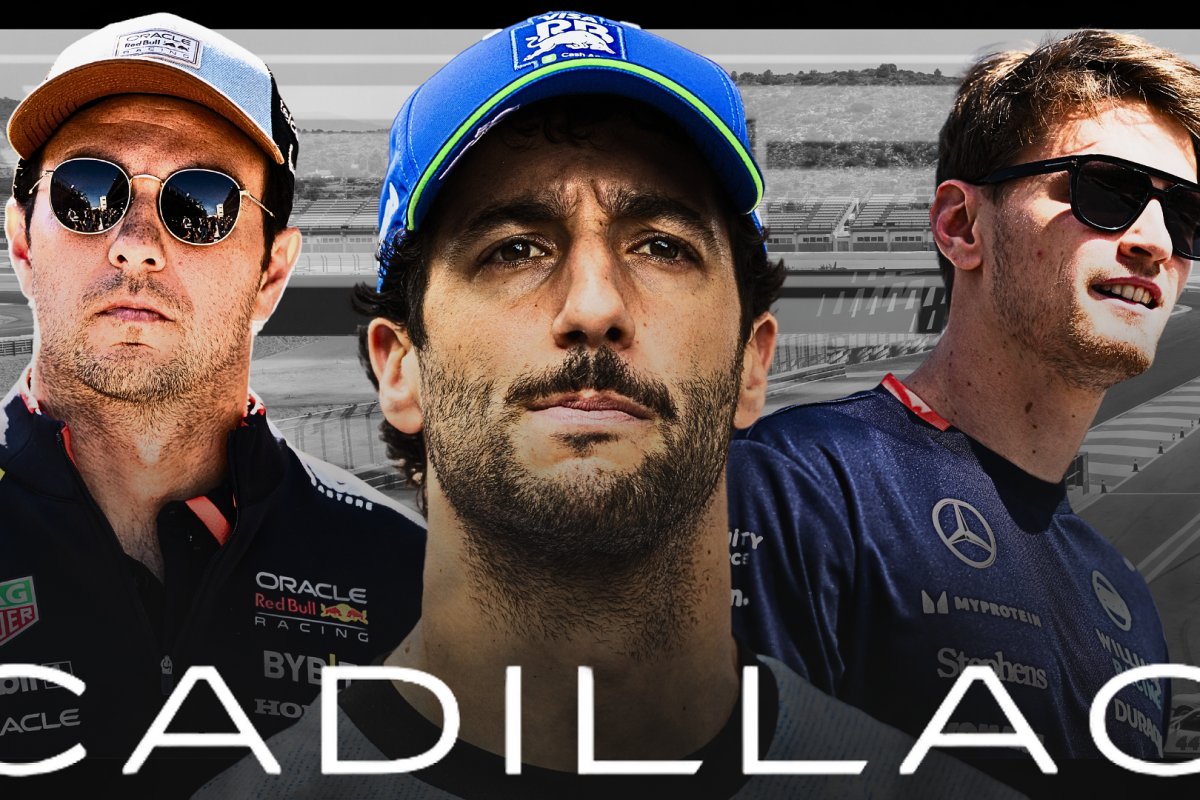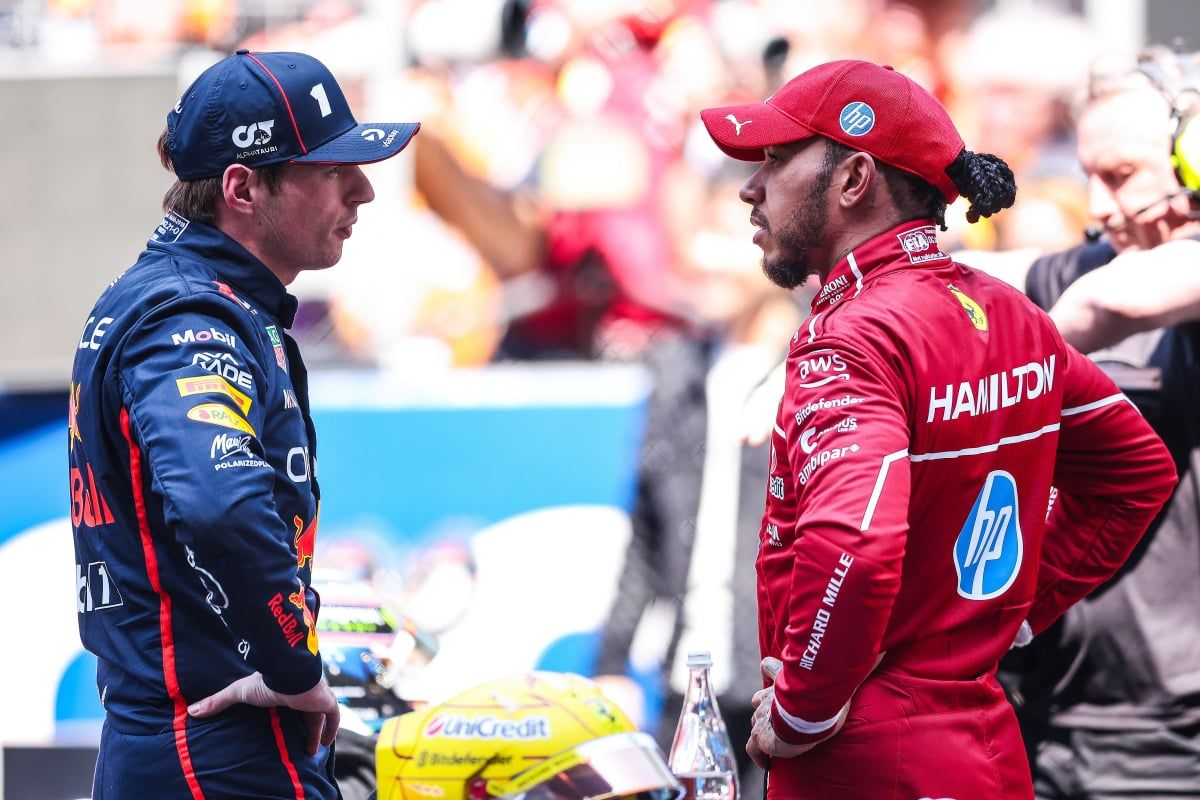Cadillac’s F1 Entry: A Dream D… read more
Cadillac’s impending Formula 1 debut, backed by Andretti and General Motors, has generated excitement and skepticism in equal measure. Despite the solid pedigree of GM in motorsport and Andretti’s global racing reputation, history suggests the project may be doomed before it even begins. Why? Because no brand-new Formula 1 team established in the 21st century has won a single Grand Prix — not even under chaotic or rain-affected circumstances. The trend is brutally consistent and may point to a long-standing “curse” against fledgling F1 teams.
To be clear, this curse applies strictly to newly founded teams, not outfits that simply bought existing operations and rebranded. Red Bull Racing, for example, inherited Jaguar, which came from Stewart Racing. That’s a different story altogether. The path Cadillac is taking — starting from scratch — is the one with a track record of pain, not podiums.
Take Haas F1, for instance, the most recent example. Entering the sport in 2016, Haas will be celebrating their 200th Grand Prix next week in Montreal. In those 200 races, they’ve never finished higher than fourth — achieved by Romain Grosjean at the 2018 Austrian GP, and even then, he was lapped by the leaders. That’s nearly a decade of effort without a single podium, let alone a win.
Go back a few years, and the track record gets worse. Campos Meta 1, intended to debut in 2010, never even made it to the grid under that name, becoming Hispania Racing (HRT) instead. They lasted three unremarkable seasons, scoring a grand total of zero points. That same year, Virgin Racing joined F1, later morphing into Marussia and finally Manor. Across seven seasons and three name changes, they scored just three points.
Then there’s Team Lotus (not to be confused with the successful Lotus-Renault), another 2010 entry. They became Caterham in 2012, stuck around until 2014, and never scored a point either. Meanwhile, Super Aguri entered the fray in 2006 and folded two years later with only four points to show.
Toyota stands out as the most “successful” new entrant of the modern era. They joined in 2002, invested billions, and even managed several podiums and five second-place finishes. Still, they never won a race and left the sport in 2009. Eight years of intense investment ultimately yielded frustration.
Cadillac is entering an unforgiving environment. Regardless of how strong their intentions or how deep GM’s pockets are, their lack of F1-specific institutional memory — the quiet but vital knowledge of what doesn’t work — will be a major handicap. Established teams have decades of failure and iteration behind their current success. That learning curve cannot be bypassed with money or heritage alone.
For drivers like Daniel Ricciardo and Sergio Perez, who’ve both stood on the podium and even won races, taking a seat at Cadillac could be more career epitaph than new chapter. Their reputations risk being tarnished by years of Q1 exits and backmarker obscurity — an undignified twilight for otherwise respectable careers.
Is there any hope? Maybe. The last genuinely new team to win a race was Stewart Grand Prix, founded in 1997. They managed one win in 1999 before morphing into Jaguar and, later, Red Bull Racing — the juggernaut we know today. So yes, there is a path to success — but it involves patience, reinvention, and probably a corporate takeover by an energy drink giant.
Until then, Cadillac’s seat may be less a golden opportunity and more a poisoned chalice.




